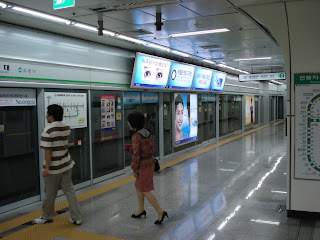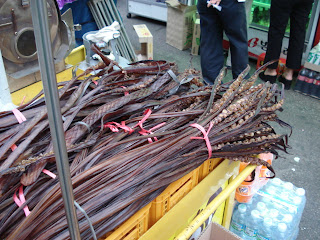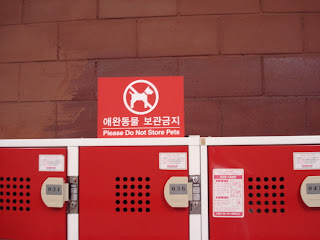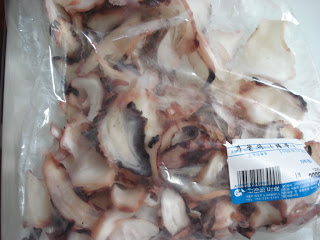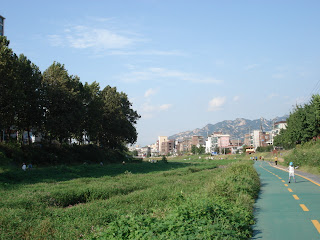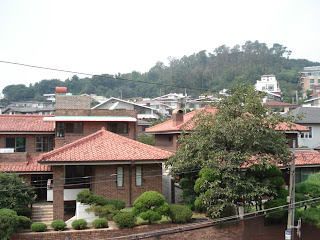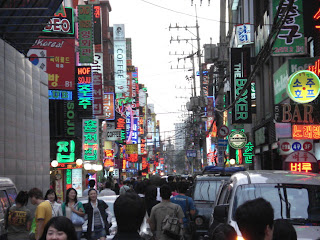This isn't actually Korea related, but my beekeeping students will be interested and saddened to know that Eva Crane died. Eva Crane, English Expert on World’s Bees, Dies at 95 - New York Times : "Eva Crane, who earned a doctorate in nuclear physics and then abandoned the field to devote herself to expanding and spreading knowledge about bees as a researcher, historian, archivist, editor and author, died on Sept. 6 in Slough, England. She was 95, 57 years shy of the reputed life span of the 17th-century English farmer Thomas Parr who, she suggested in one of her books, owed his longevity to eating honey that she said he produced as a beekeeper. The International Bee Research Association, which she founded in 1949, announced her death. For more than a half-century Dr. Crane worked in more than 60 countries to learn more and more about honeybees, sometimes traveling by dugout canoe or dog sled to document the human use of bees from prehistoric times to the present. She found th...



